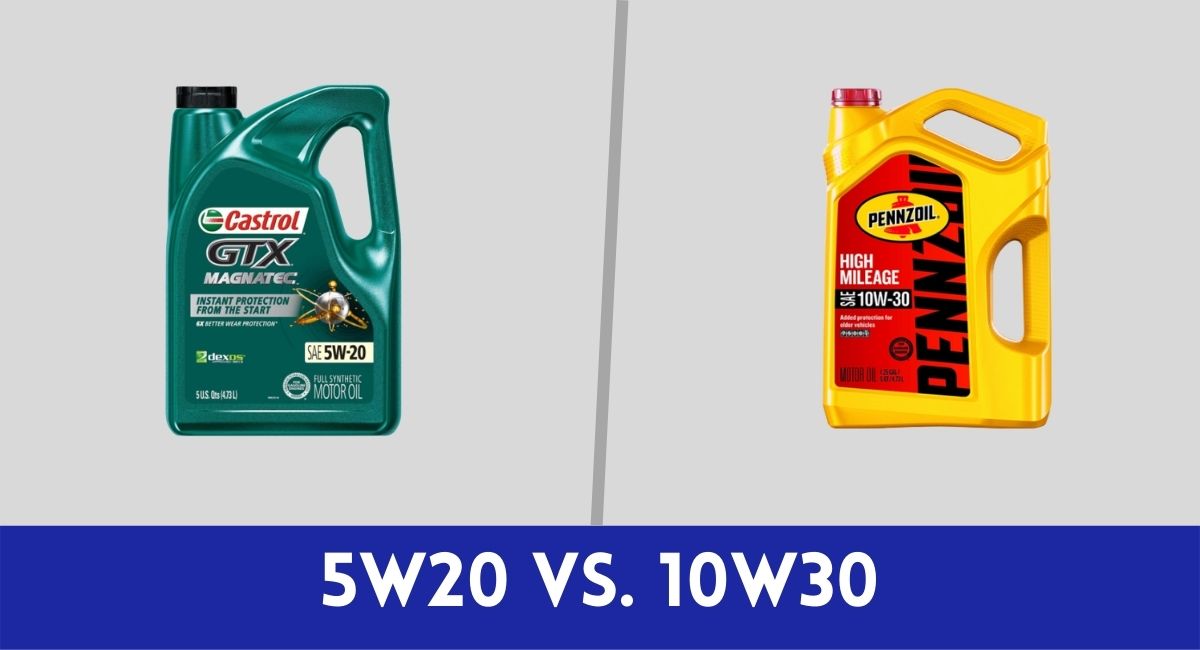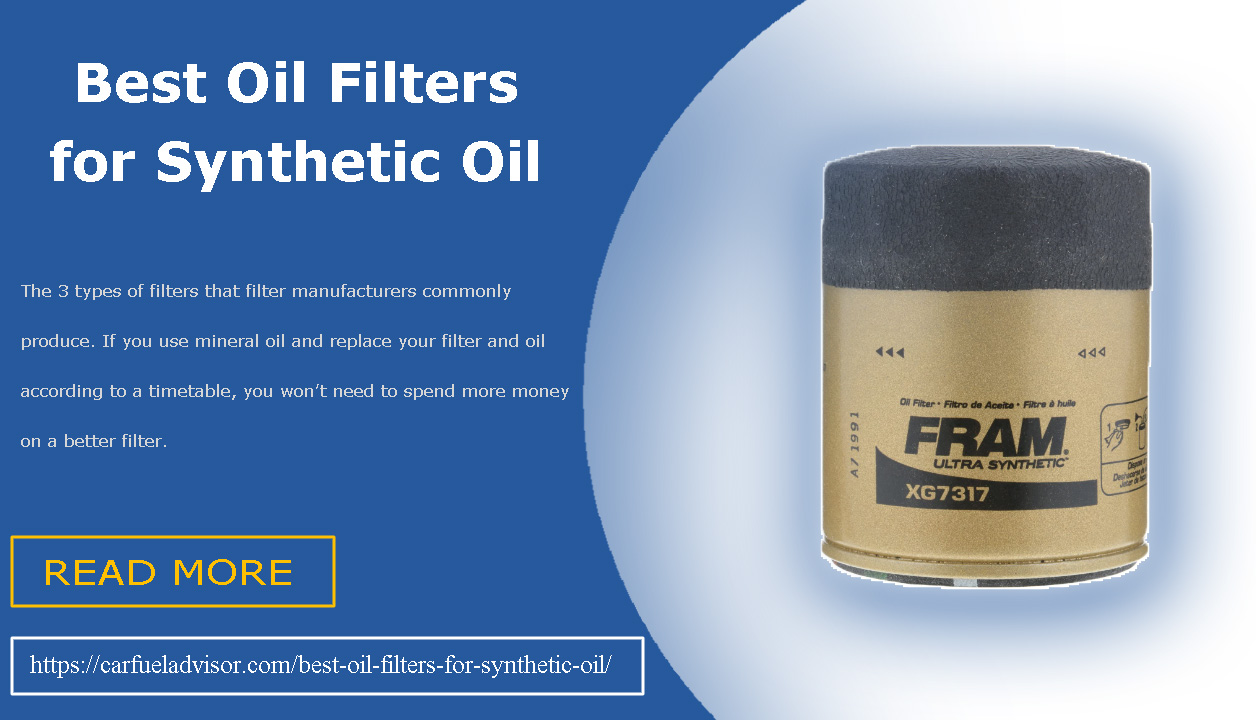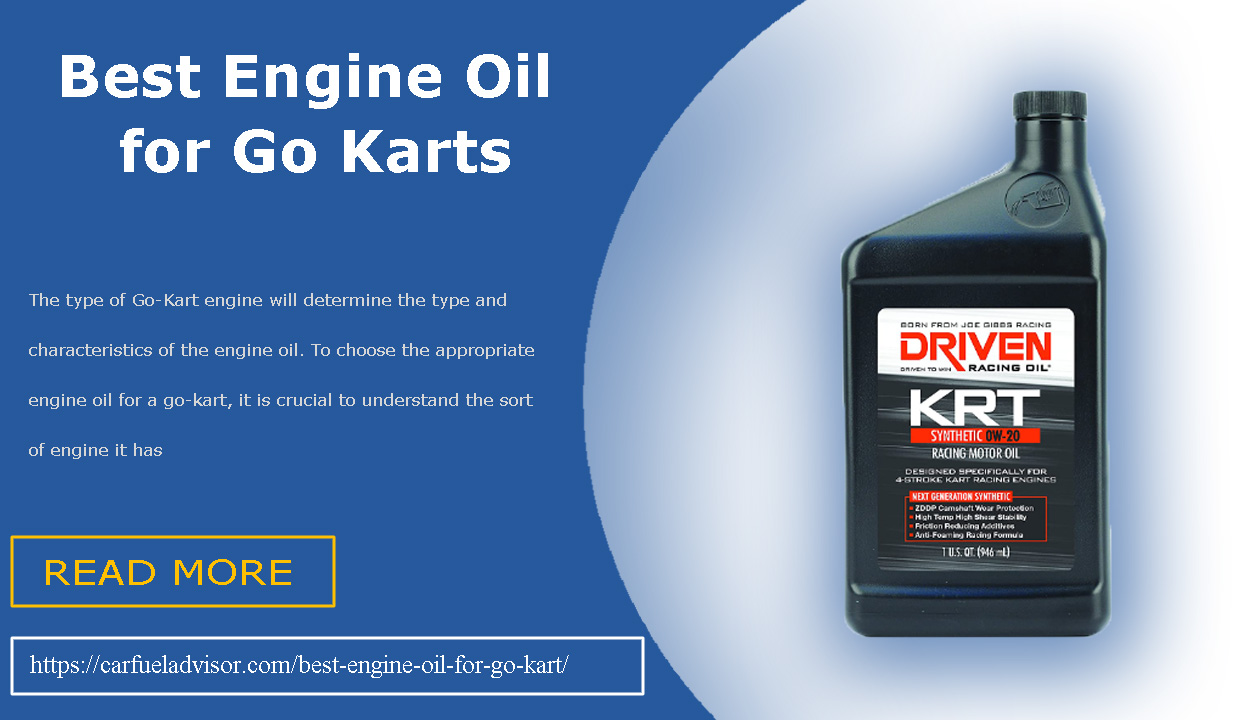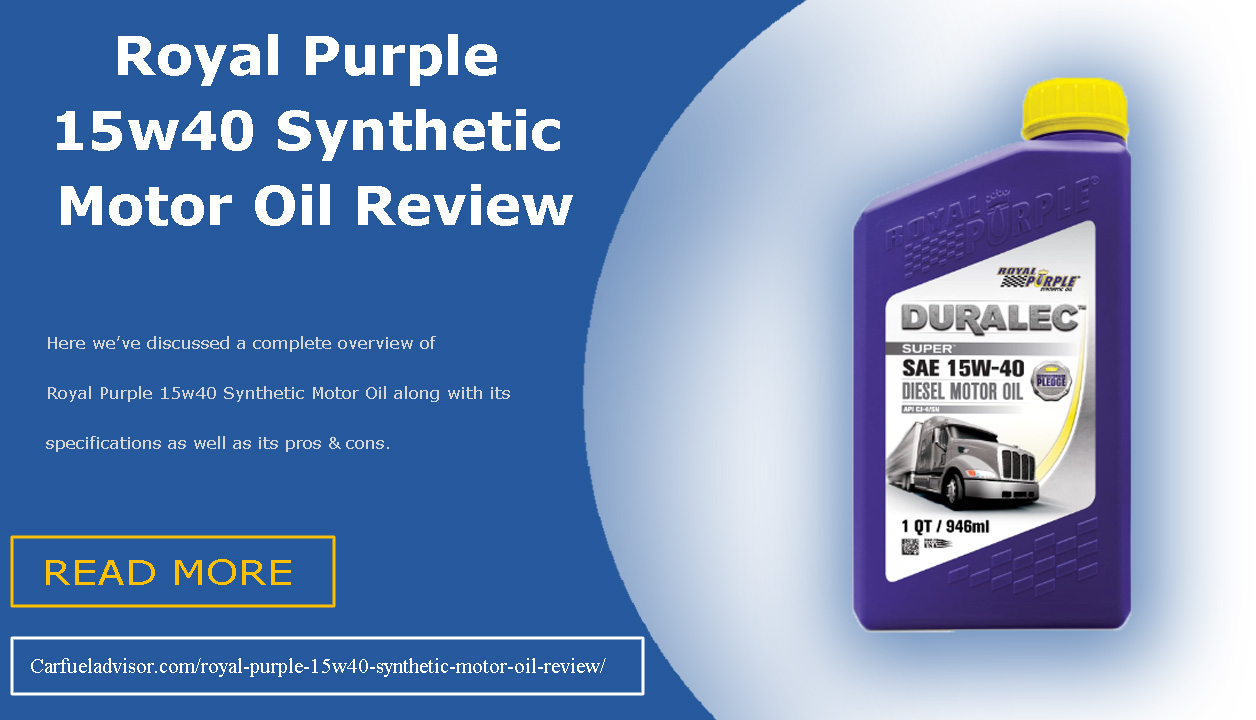Your car is something that you need to treat as your own child. Just like you can’t serve your child some cheap and unhealthy food, you can’t insert the wrong motor oil in your car!
Choosing the right motor oil is extremely crucial when it comes to increasing the efficiency of a vehicle and facilitating longevity for the vehicle’s engine. If you use the wrong motor oil in your vehicle, it can even damage the engine and hinder its natural performance of it.
However, the number of different motor oils that you see in the market belong to different characteristics, and such diversity makes it exceedingly difficult for you to choose the right one for your car. To minimize that hassle, we have tried to help you in this article by discussing the characteristics and specifications of two different types of motor oils.
5w20 and 10w30 oils are two of the most preferred oils for modern vehicles. In this 5w20 vs 10w30 article, we are going to discuss the differences in the features and characteristics of these two frequently used motor oils.
Explanation of Motor Oil Grades of 5W20 and 10W30
5W20 oils have a winter viscosity grade of 5, which means that it is less viscous at extremely low temperatures compared to 10W30. On the other hand, it has a hot viscosity grade of 20.
On the other hand, 10W30 oils have viscosity grades of 10W at lower temperatures and 30 at higher temperatures. This means they behave like 10W weight oils in cold temperatures and 30 weight oils at hot temperatures.
Characteristics of 5W20 Engine Oil
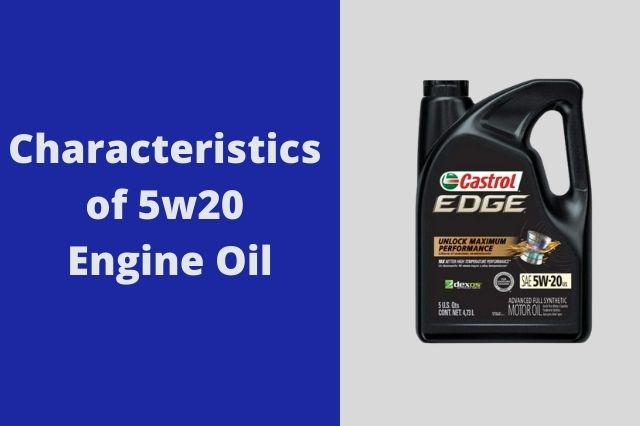
5W20 oils are highly standard motor oils, and they are highly recommended by renowned vehicle manufacturers companies, such as Ford and Hyundai. These oils are perfect to apply for everyday engine use, as long as the weather is not too extreme.
5W20 oils characterize a viscosity grade of 5 at low temperatures and a viscosity grade of 20 at higher temperatures. Since the oil characterizes low viscosity at low temperatures, it implies that the oil is quite thin. However, the oil thickens when there is a rise in the temperature.
Use and Application of 5W20 Motor Oil
5w20 oils are perfect to use in most contemporary vehicles, whether it is passenger vehicles or heavy trucks. Considering the economic benefits of this oil, more and more people are preferring this oil lately. Its thinner viscosity ensures that the engine causes less drag on highways, which makes the oil perfect for cars running in urban environments.
5w20 oils have high viscosity grades and they can help to kick-start vehicles in a temperature that’s as low as 5 degrees Celsius. Such characteristics make the oil ideal for users who reside in cold regions.
For engines with higher mileage, you can hardly expect anything better than a 5W20 motor oil. As the engine chamber produces more heat due to the high mileage, the oil can perform perfectly in cold engines.
See how 10w-40 engine oil compares with: 5w-40 | 15w-40 | 20w-50
Characteristics of 10W30 Engine Oil
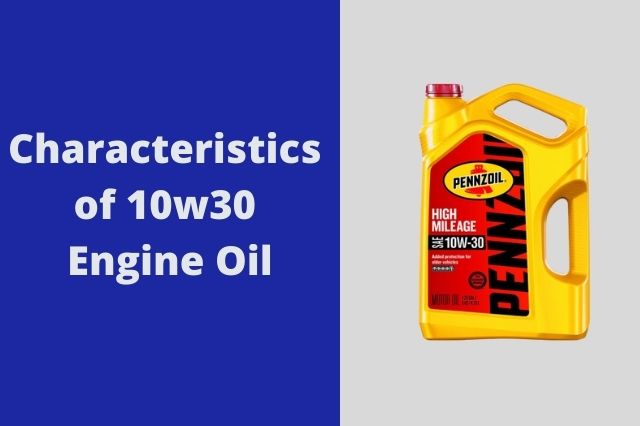
10W30 oils characterize a viscosity grade of 10 in lower temperatures while possessing a viscosity grade of 30 in higher temperatures. These oils are actually thinner lubricating oils having high viscosity.
They deliver an excellent bit of lubrication to different engine parts and minimize friction to a great extent. Eventually, the engine enjoys a longer life cycle and provides better output.
Use and Application of 10W30 Motor Oil
10W30 oils are not actually the best companions for modern-day passenger cars. They are mostly applied in diesel engines. Experts highly recommend it for heavy-duty and high-mileage cars.
Having a good balance in the mixture of 10w30 oils offers a better start compared to 5W. The economy is also great in the hotter regions. However, this oil can be a good fit for you only if you intend to use your engine regularly. If you want to save your engine from wearing out, then 10w30 oils can be the perfect go-to oil for you.
10W30 oils are also preferred in old rusty mechanical parts. The thickness of the oil helps to reduce friction and maximize efficiency in the working parts.
However, the cold start temperature for 10W30 oils is 10 degrees Celsius and so it gets frozen in cold temperatures. So, it can’t show a great performance in extremely cold regions.
See how 10w-40 engine oil compares with: 5w-40 | 15w-40 | 20w-50
5w20 vs 10w30 Motor Oil: Which One Is Best for Your Vehicle?
We have discussed the characteristics and applications of 5W20 and 10W30 oils previously, and now we are going to present a comparative analysis of them. The following table will help to understand the major differences between these two oils:
| Parameter of Comparison | 5W30 | 10W40 |
| Viscosity | @ 100ºC (212ºF) 8.9 | @ 100ºC (212ºF) 10.7 |
| Viscosity Index | 160 (Lower Viscosity) | 140 (Higher Viscosity) |
| Flash Point | 230 ºC | 210 ºC |
| Fuel Economy | Satisfactory | Satisfactory |
| Suited Temperature | -30 to 35 degrees celsius | -18 to 30 degrees celsius |
| Best for | Personal cars, small vehicles, Weighty truck pickups/SUVs. | Pickups/SUVs, small vehicles |
FAQ
Can 5w20 be mixed with 10w30?
Though it is not recommended to mix the two, it should actually work fine. You just need to ensure not to overfill it. If you mix 2 quarts of 5W20 and 3 of 10W30, it will come pretty close to the viscosity of 5W30 which can ensure a good performance for your engine.
Which is Thicker SAE 30 or 10w30?
The viscosity of SAE 30 and SAE 10W30 oils are pretty much the same in higher temperatures. This is the reason why they act so much alike in high temperatures. However, 10W30 oils perform better in lower temperatures since they get thicker than other multigrade oils in such conditions.
Is it ok to mix 10w30 and 10w40?
Mixing a 10W30 oil and a 10W40 oil won’t be much of a big deal if the engine works fine with both types of oils. Even if you mix the synthetic and conventional blends of these two oils together, it will not harm the vehicle unless you live in a freezing temperature.
Can I use 10w30 oil instead of 5w20?
You can use a 10W30 oil instead of a 5W30, but the result will not be satisfactory. Eventually, you’ll get worse mileage, and it will shorten the longevity of your engine. It will take much longer to pump-up pressure in the bearings and lifters, and eventually cause a delay in the cold-start performance.
The Final Verdict
Our article concludes that 5W20 oils are highly effective for cars running in cold weather, whereas 10W30 oils are more suitable for cars that run throughout the year in higher temperatures. 5W30 oils are easier to move in cold starts, on the other hand, 10W30 oils lubricate the engine components in a more effective way.
However, the suitability of the oils depends largely on the type of vehicle and the weather conditions that it is running in. We hope that our 5w20 vs 10w30 article has been helpful to you in understanding the various characteristics and contrast between the two oils. We believe that combining your wise evaluation in addition to our suggestions, you will be able to find the best oil for your vehicle!

